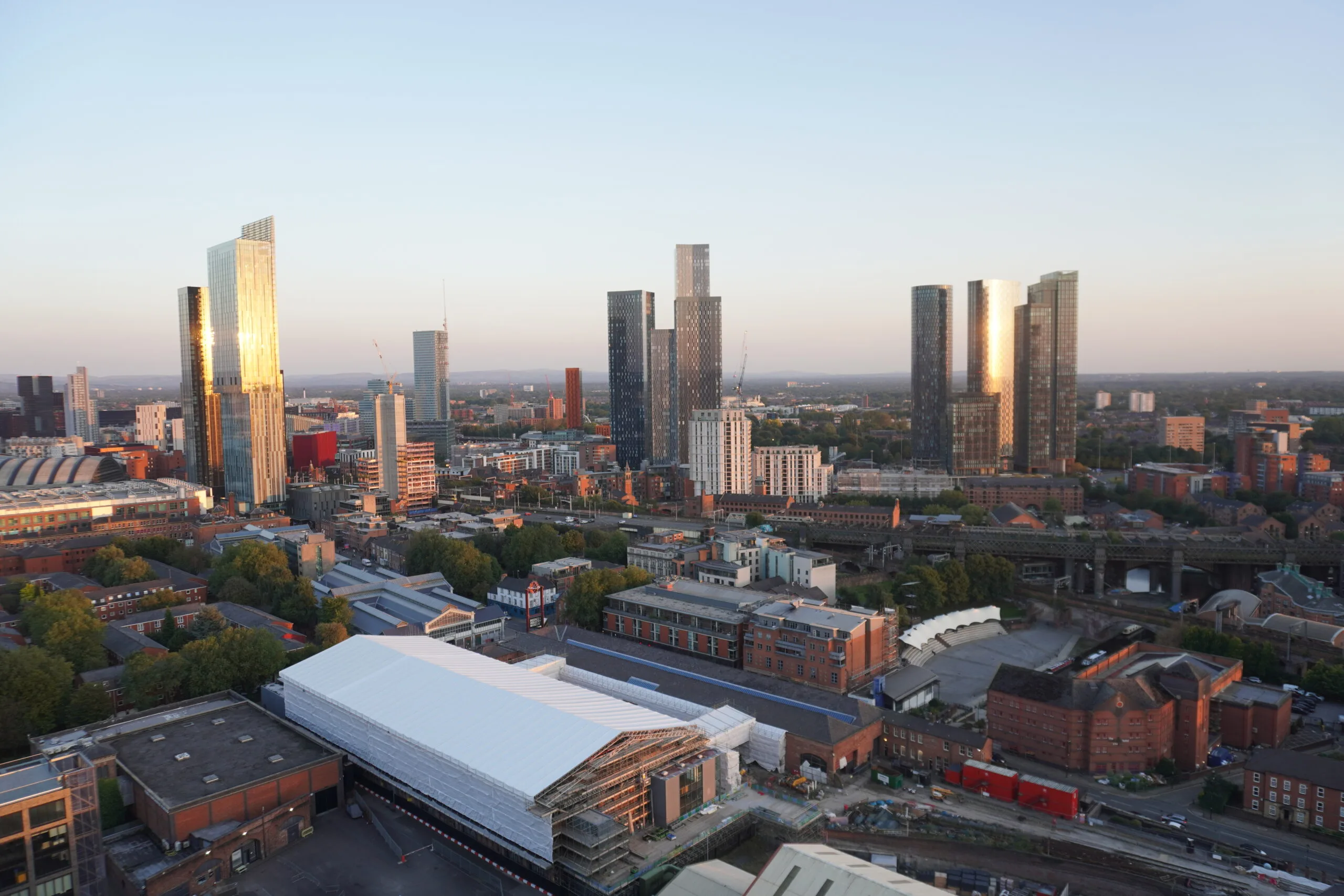The recent Budget changes were the talk of the industry for landlords, understandably. It took a little time for the budget documents to be read and understood, but once digested, all became clear.
What we’ve found in our firm over the past month, is that seasoned investors and landlords remain confident. The truth is, many are seeing the changes as an opportunity that they can seize. Not only are some considering refinancing their existing portfolios, to pull out cash and snap up more lucrative, or harder to lend on, deals – but they’re also thinking about potential savings they might be able to get on purchase prices thanks to motivated sellers.
It’s a very interesting point, in my opinion, with the stamp duty increase. Surely, an initial 2% surcharge shouldn’t outweigh the long-term capital growth and potential income from a buy-to-let investment.
So, those who were thinking of investing in property but have now backed out, is actually a welcome sight to some investors. It desaturates the buy-to-let market somewhat, and allows the experienced landlords to continue to build their portfolios, with less competition.
The role of interest rates
Naturally, after the Budget we saw interest rates start to increase. Not as significantly as we’ve seen back in 2022, but a slight rise. Now we’re a month post-Budget, we’re seeing rates soften a little once again. Five-year SONIA swaps are back at sub-4% (as of 22 Nov 2024), and we hope to see the decreases continue.
In early November we also saw a further base rate cut – now sitting at 4.75%. This, ultimately, instils further confidence in those looking to invest for the long-term. And, recently here at Fowler Smith, that’s what we’ve seen the vast majority of investors and landlords are doing.
Interestingly, we’ve found ourselves having more enquiries on auction purchases, where a property can be acquired, refurbished and either sold on or refinanced. I think the budget has forced investors to think a little differently, and I’m hoping that lenders will do the same – now that we might see an increase in landlords wanting to buy the ‘not-so-mainstream’ property types.
This is also to be said with the non-standard tenancy type – namely, social housing property investments. Landlords still want stability – and these appear to offer just that.
From a residential aspect, we’re seeing more residential enquiries since the budget – lots of first-time buyers hearing about more palatable rates in the press, and with the introduction of some lenders following the more ‘European’ model of lending (longer fixed rates, therefore the ability to offer higher income multiples), there’s plenty of appetite.
Landlords gearing up for 2025
Heading towards the end of the calendar year, I think many prospective purchasers are gearing up for 2025. There are positive noises in the industry surrounding property prices and market growth, and this spurs on potential borrowers/purchasers. Coupled with recent base rate decreases, borrowers are likely to feel confident.
As we head to the end of our financial year, the 30th November 2024, it’s no coincidence that so far, in comparison to our previous year we’ve submitted over 21% more applications as a firm (across mortgage and protection).
On the whole, the resilience has been noted among investors and it’s refreshing. New landlords will need more educating, and some solid advice from advisers who are familiar with the landscape – and experienced the ebbs and flows of the market over the past recent years.
I feel the outlook is still positive. We need to promote critical thinking, and landlords will see that investing has a number of layers – they just need to dig a little deeper, with the help of industry professionals, to find out what works best for them.
——









